End of an era: The highs and lows of David Cameron's career
Commentators ponder legacy as Prime Minister formally offers his resignation to the Queen
A free daily email with the biggest news stories of the day – and the best features from TheWeek.com
You are now subscribed
Your newsletter sign-up was successful
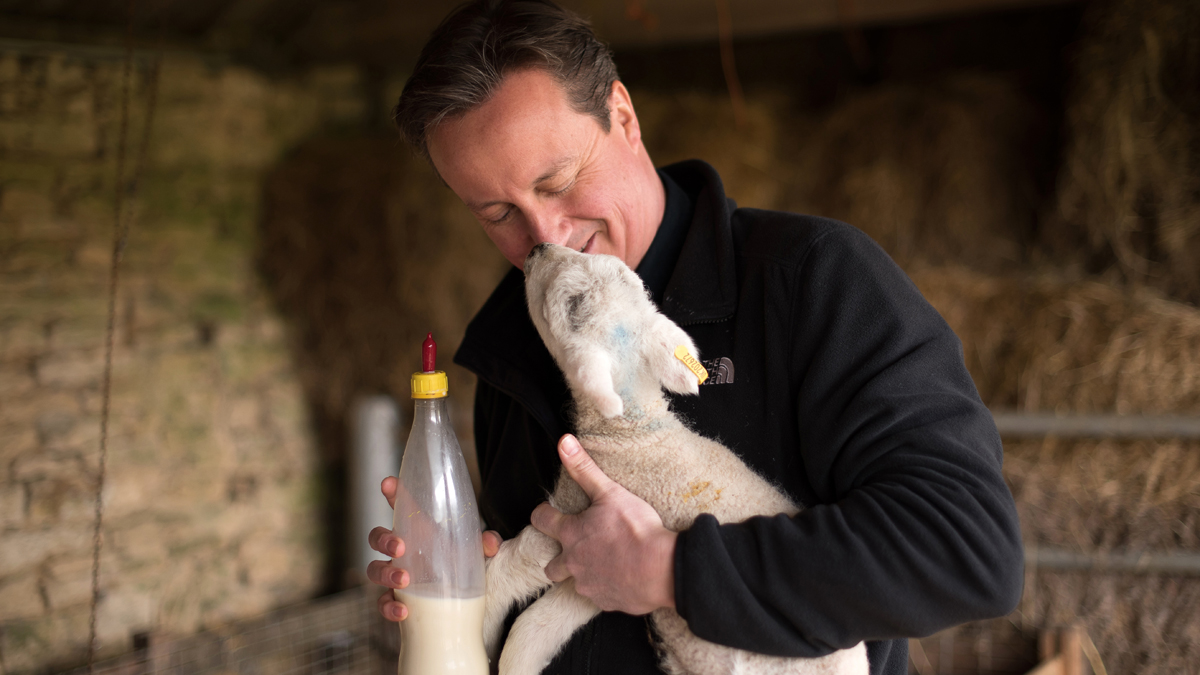
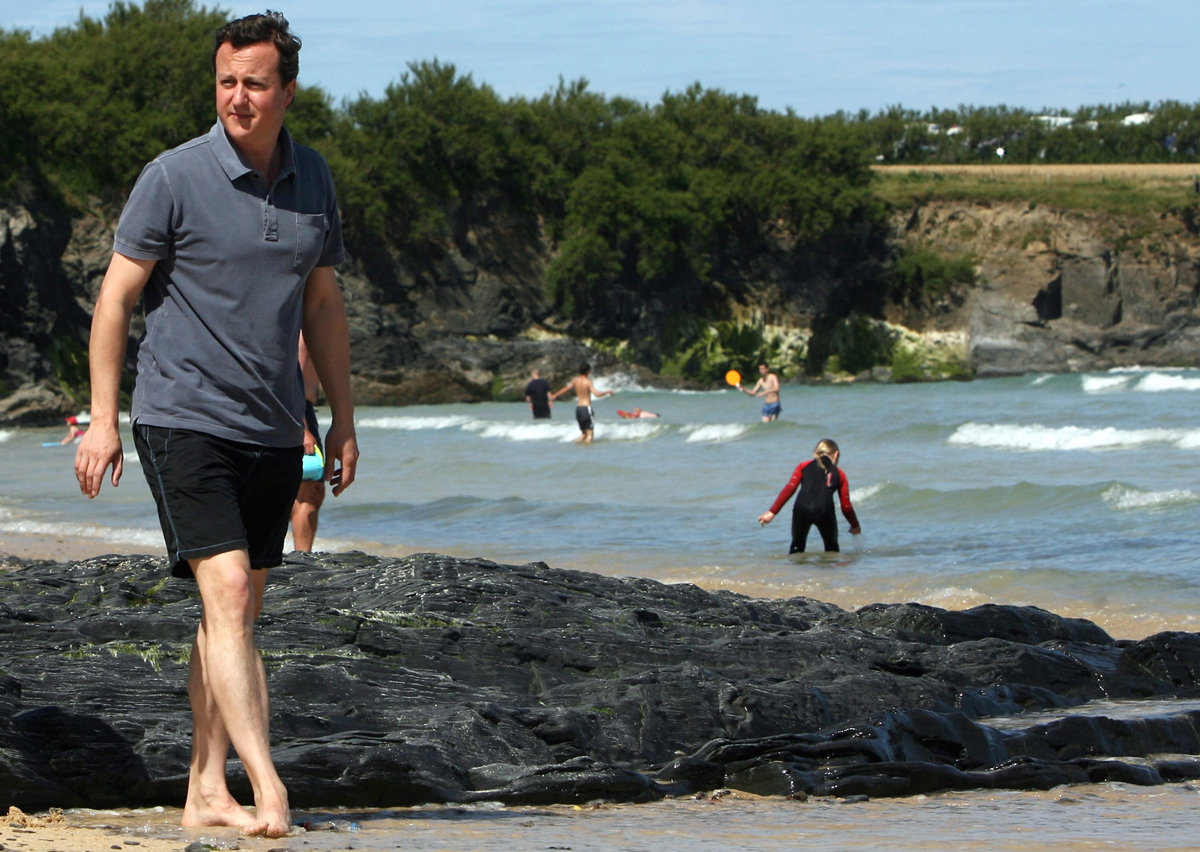
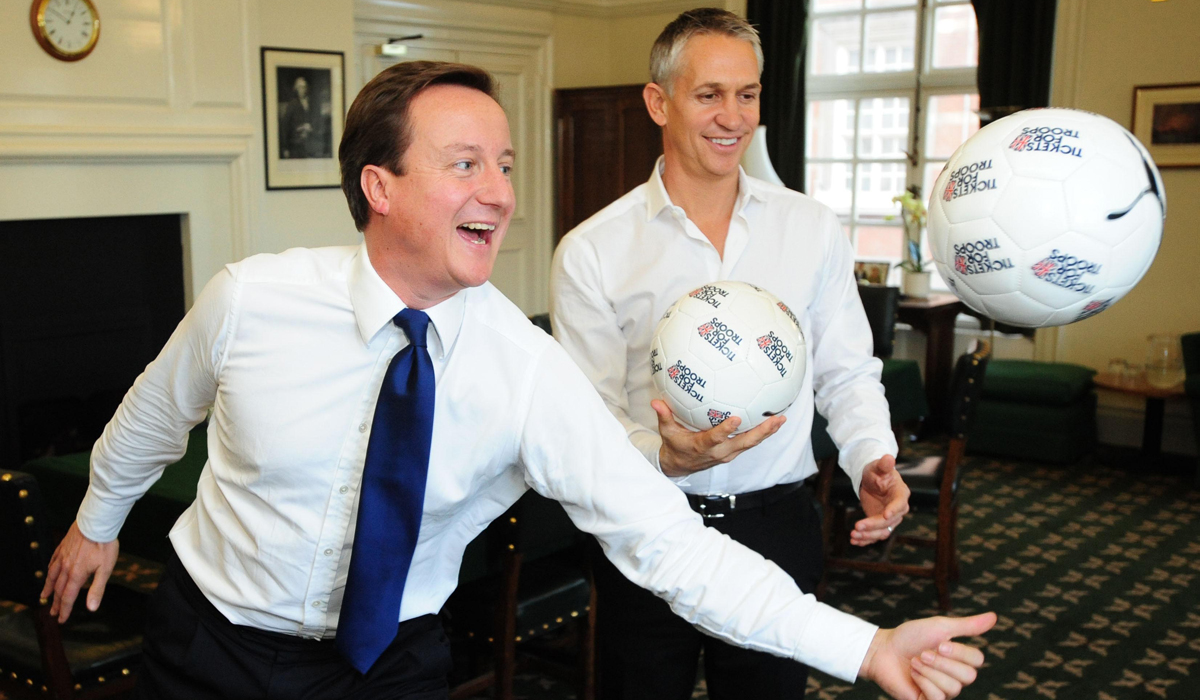
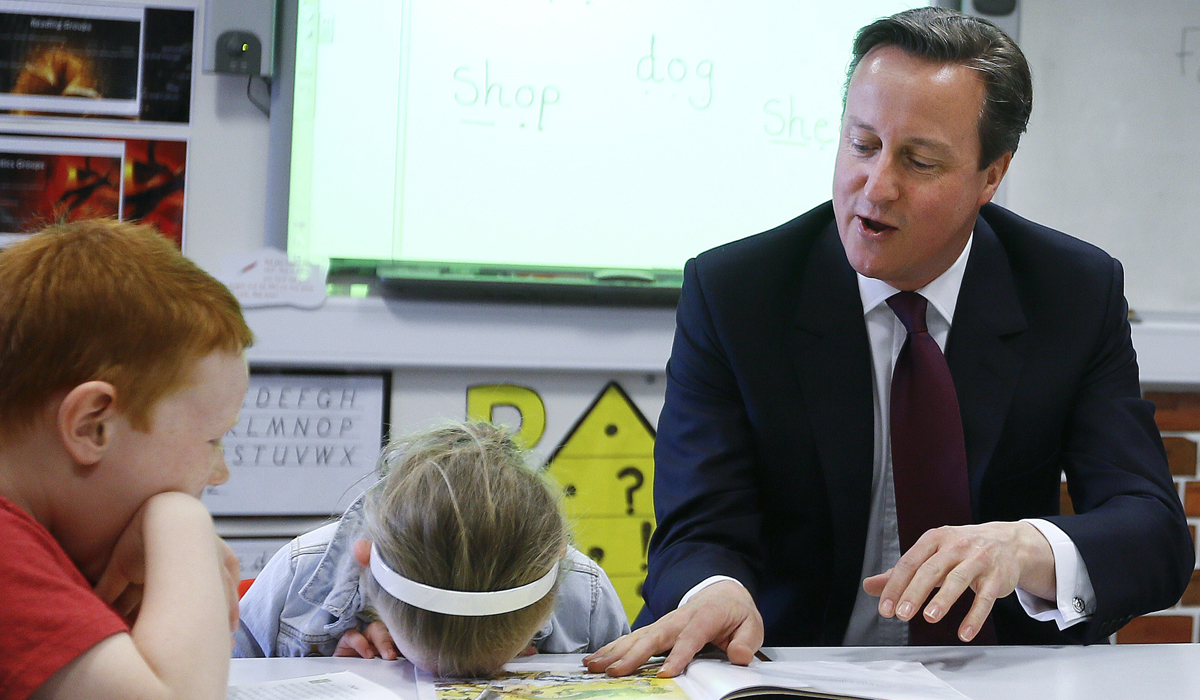
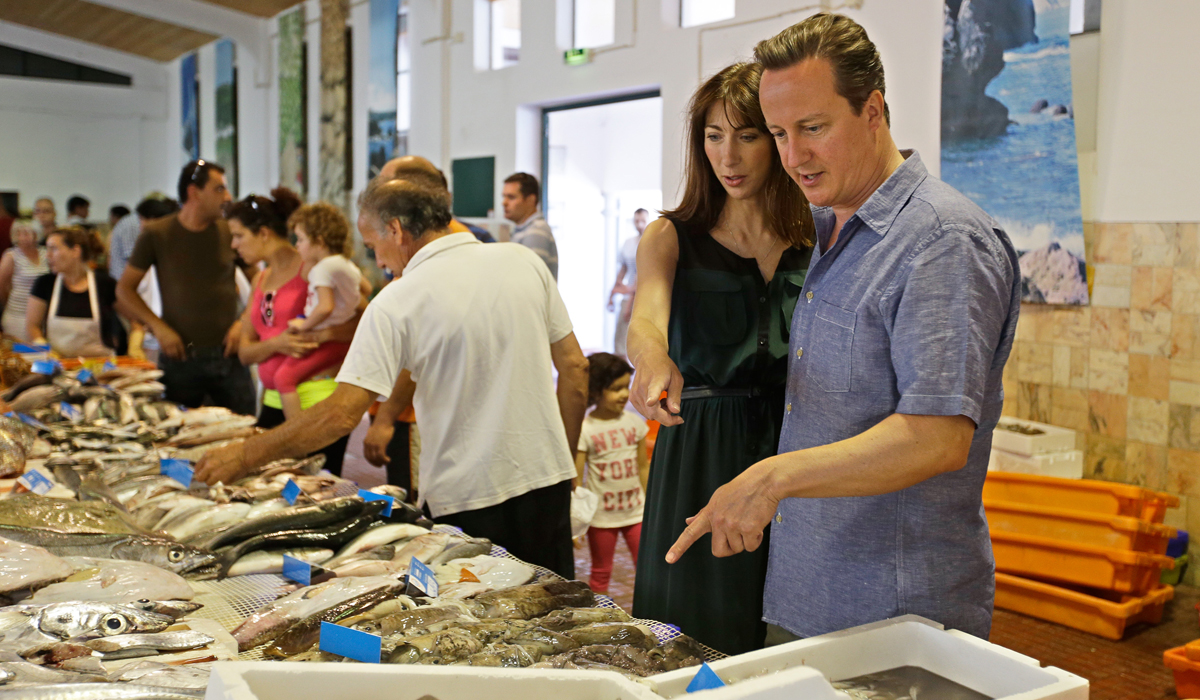

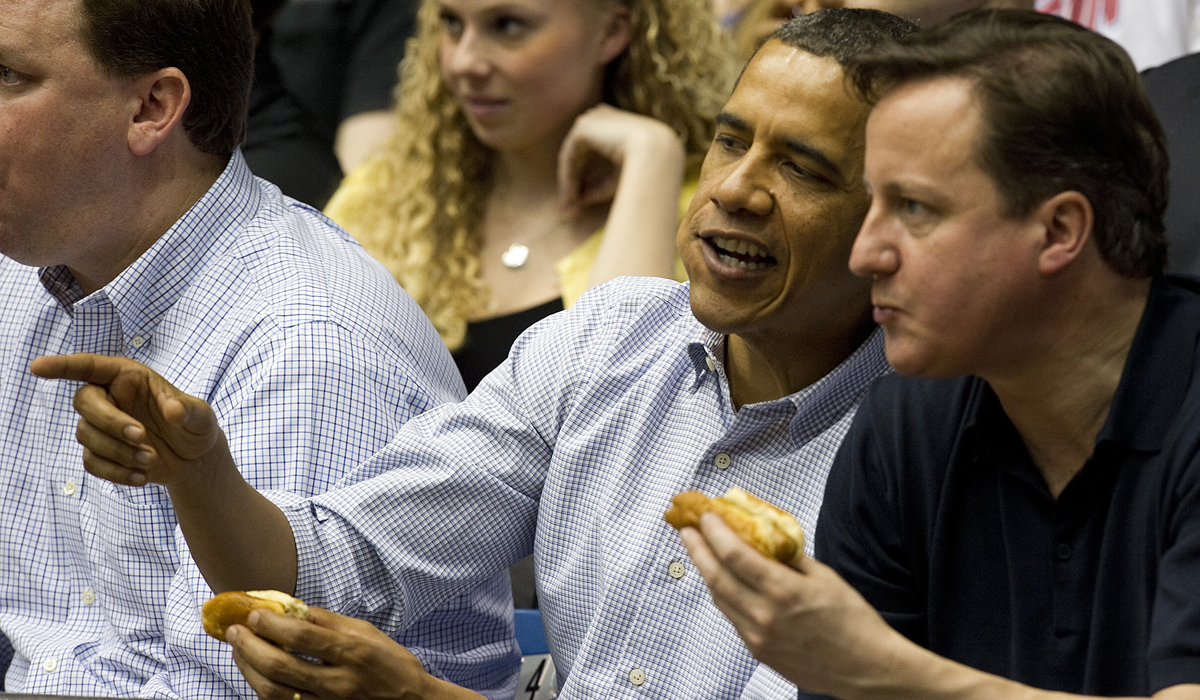
David Cameron's six-year tenure as Prime Minister comes to an end today, when he hands Theresa May the keys to No 10.
He will be standing down as Tory leader after ten years and nine months. "Cameron's rise to the Conservative Party leadership was as swift as his unexpected fall from grace," says The Independent. "In between, he had a rollercoaster ride."
Here are some of the highs and lows of his political career:
The Week
Escape your echo chamber. Get the facts behind the news, plus analysis from multiple perspectives.

Sign up for The Week's Free Newsletters
From our morning news briefing to a weekly Good News Newsletter, get the best of The Week delivered directly to your inbox.
From our morning news briefing to a weekly Good News Newsletter, get the best of The Week delivered directly to your inbox.
Highs
Legalising gay marriage
It was one of the few policies Cameron drove through despite widespread opposition from his own MPs and he has often said it was one of the happiest moments of his career. "I [got a] lot of letters from men who said, because of the changes you made, I have been able to marry the person I love," he told Pink News after gay marriage was legalised last year. "That was great."
Winning the 2015 election
The Conservatives stormed to an unexpected victory in this year's general election, ensuring that Cameron returned to Downing Street for another five years. Speaking outside No 10 after the final results, he told the public: "Together, we can make Great Britain greater still. We can take these islands, with our proud history, and build an even prouder future."
A free daily email with the biggest news stories of the day – and the best features from TheWeek.com
The Scottish referendum vote
Cameron made a personal and impassioned plea to the nation ahead of last year's independence referendum. "We want you to stay. Head and heart and soul, we want you to stay," he said. "I would be heartbroken if this family of nations was torn apart." Luckily for him, 55 per cent of Scots agreed.
Boosting foreign aid
Earlier this year, Britain became the first G7 country to honour its commitment to ring-fencing 0.7 per cent of gross national income for foreign aid so that 7p of every £10 raised from taxpayers is spent on overseas development. Asked about his proudest achievement in office, Cameron said it was keeping his promise "to the poorest people in the poorest countries in the world".
Free schools scheme
The programme, introduced by the coalition government, allows parents and independent groups in England to set up their own schools. Funded by central government, the institutions are subject to inspection by Ofsted, but founders have more control over teachers' pay and conditions and the length of school terms and days. "Groups of volunteers [are] delivering an outstanding public service that is transforming the lives of children in deprived areas," says the Daily Telegraph. "It's a legacy Cameron should be proud of as he leaves Downing Street for the last time." However, the programme has not been without its critics, with the Labour Party and some teaching unions opposed to the schools.
Lows
Enabling the UK to leave the European Union
Brexiters may thank Cameron for holding the referendum on EU membership, but it was ultimately this decision that led to his own demise. He made the promise to hold the vote at a time when he was under pressure from Eurosceptic backbenchers – and when the Tories appeared to be losing votes to Ukip. Most political commentators agree that, given a free hand, he would not have called for a referendum. "In 2015, Cameron might well have secretly hoped for a second coalition rather than an overall majority; and potentially avoided the EU referendum," Vernon Bogdanor, the professor of government at King's College London, writes in the Financial Times. In the end, despite Cameron having campaigned passionately to keep Britain in, voters decided to narrowly back Brexit.
Leaving his daughter in the pub
Cameron made one of the biggest gaffes of his career when he left his daughter Nancy in a pub near Chequers. He and his wife drove off in separate cars, each presuming the eight-year-old was with the other. It was only when they got home that they realised she wasn't with either. "They were distraught," said a No 10 spokesman. "Thankfully, when they phoned the pub, she was there safe and well. The PM went down straight away to get her."
Losing MPs and voters to Ukip
Ukip emerged victorious from the 2014 European elections, pushing Cameron's party into third place in a national election for the first time in its history. Party leader Nigel Farage warned the success should "terrify" the political establishment. Since then, the Conservatives have lost two MPs to Ukip. Douglas Carswell and Mark Reckless both defected ahead of the general election – but only Carswell kept his seat.
Libya
The effects of Cameron's first major foreign policy intervention in 2011 are still being felt today. His decision to take military action in Libya left the country in chaos, with rival governments and militias fighting for control and Islamic State extremists taking advantage of the power vacuum. Critics accused Cameron of failing to secure proper post-war planning – an accusation that has been levelled again in the wake of his decision to bomb Syria.
Piggate
An unauthorised biography of Cameron released last year included the bizarre claim that he took part in an obscene act with a dead pig's head during an initiation ceremony at Oxford university. Lord Ashcroft's Call Me Dave also features allegations of drug taking and claims Cameron knew about Ashcroft's controversial "non-dom" status in 2009. No 10 has repeatedly said it would not "dignify" the claims with a response.
What will Cameron be remembered for?
Many commentators argue Cameron's legacy will be defined by the vote to leave Europe. He gambled everything and lost, Owen Jones writes in The Guardian.
Cameron leaves a country "plunged into its worst crisis since the war: economic turmoil, a wave of xenophobia and racism, and a country more bitterly divided than it has been for generations", adds Jones. "His premiership is a tragedy for which we will all pay."
Others have been less harsh. Bogdanor says Cameron will be remembered for delivering a "generous and civilised Conservatism, which attracted the support of centre and centre-left voters".
He concludes that history will judge the outgoing PM more kindly that today's commentariat. "For, as Iain Macleod, Conservative colonial secretary in the 1960s, noticed, 'the Conservative party is a very generous party. It always forgives those who are wrong. Sometimes it even forgives those who are right.'"
-
 The Week Unwrapped: Do the Freemasons have too much sway in the police force?
The Week Unwrapped: Do the Freemasons have too much sway in the police force?Podcast Plus, what does the growing popularity of prediction markets mean for the future? And why are UK film and TV workers struggling?
-
 Properties of the week: pretty thatched cottages
Properties of the week: pretty thatched cottagesThe Week Recommends Featuring homes in West Sussex, Dorset and Suffolk
-
 The week’s best photos
The week’s best photosIn Pictures An explosive meal, a carnival of joy, and more
-
 How corrupt is the UK?
How corrupt is the UK?The Explainer Decline in standards ‘risks becoming a defining feature of our political culture’ as Britain falls to lowest ever score on global index
-
 The high street: Britain’s next political battleground?
The high street: Britain’s next political battleground?In the Spotlight Mass closure of shops and influx of organised crime are fuelling voter anger, and offer an opening for Reform UK
-
 Biggest political break-ups and make-ups of 2025
Biggest political break-ups and make-ups of 2025The Explainer From Trump and Musk to the UK and the EU, Christmas wouldn’t be Christmas without a round-up of the year’s relationship drama
-
 The MAGA civil war takes center stage at the Turning Point USA conference
The MAGA civil war takes center stage at the Turning Point USA conferenceIN THE SPOTLIGHT ‘Americafest 2025’ was a who’s who of right-wing heavyweights eager to settle scores and lay claim to the future of MAGA
-
 ‘The menu’s other highlights smack of the surreal’
‘The menu’s other highlights smack of the surreal’Instant Opinion Opinion, comment and editorials of the day
-
 Is a Reform-Tory pact becoming more likely?
Is a Reform-Tory pact becoming more likely?Today’s Big Question Nigel Farage’s party is ahead in the polls but still falls well short of a Commons majority, while Conservatives are still losing MPs to Reform
-
 What does the fall in net migration mean for the UK?
What does the fall in net migration mean for the UK?Today’s Big Question With Labour and the Tories trying to ‘claim credit’ for lower figures, the ‘underlying picture is far less clear-cut’
-
 Five takeaways from Plaid Cymru’s historic Caerphilly by-election win
Five takeaways from Plaid Cymru’s historic Caerphilly by-election winThe Explainer The ‘big beasts’ were ‘humbled’ but there was disappointment for second-placed Reform too